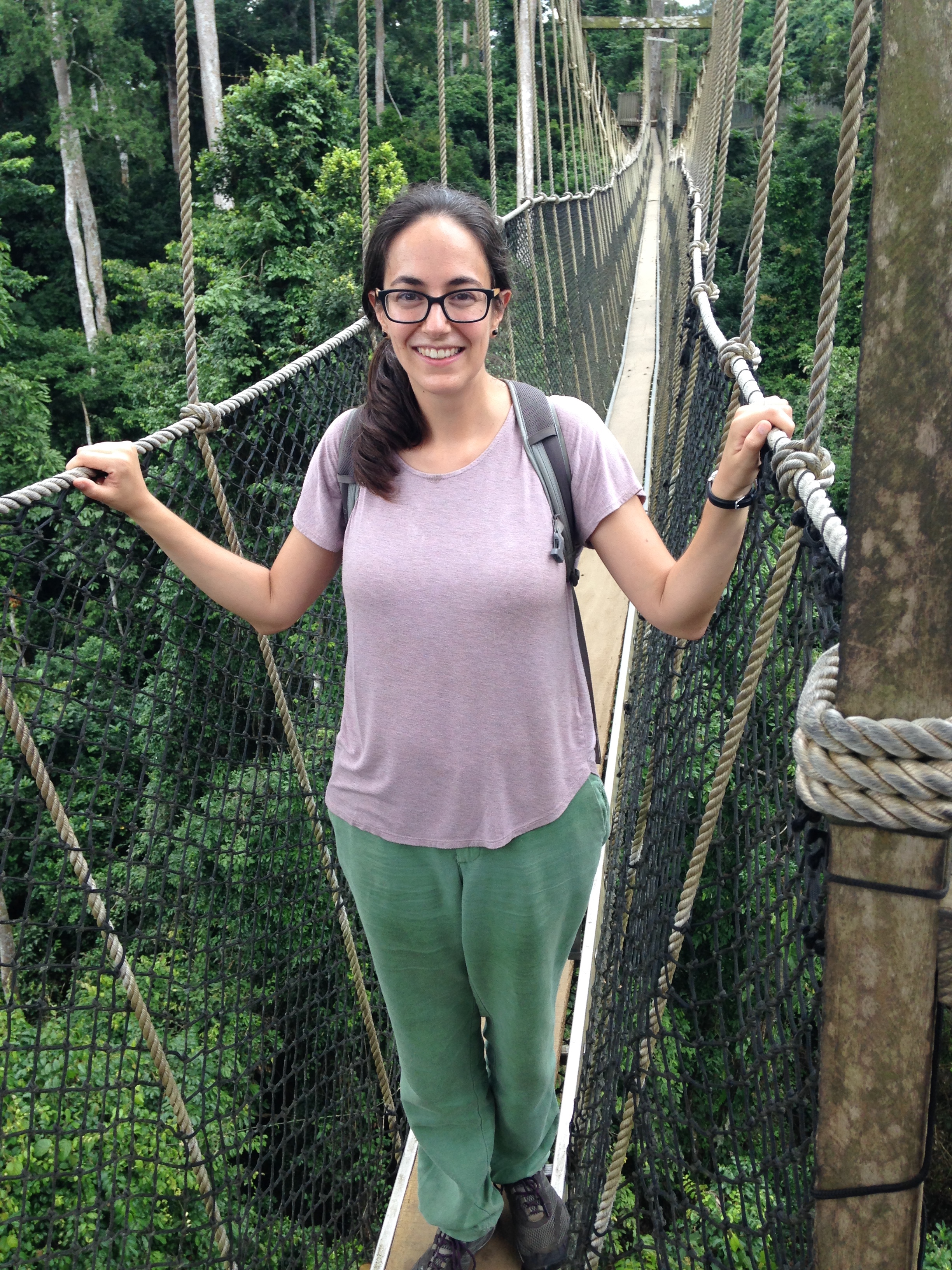Learning
Jo Freeman: There’s Plenty To Do at the RNC – If You Have the Right Credentials
by Jo Freeman
Every national nominating convention has plenty of auxiliary events, some authorized, some not. Getting space can be a challenge; getting the word out even more so. But they do it nonetheless. Press were given a RNC 2024 Master Event Calendar, which was updated a few days later. Events began on Sunday and ended on Thursday. The actual convention sessions were just one item on the list. The calendar said if an event was Open or Closed to press, and also whom to contact to register. I’m going to describe some of the events, including a couple I went to, and a couple I was turned away from.
Since my focus is on women, I obviously wanted to go to those events – if I could.
The National Federation of Republican Women is the largest grassroots Republican women's organization in the country with hundreds of clubs. Founded in 1938, its members made the phone calls and knocked on the doors that elected Republican candidates for decades. It’s Tuesday luncheon featured Arkansas Governor Sarah Sanders. The Master Calendar said it was SOLD OUT and they wouldn’t let me in. I was able to get into their lounge at the Fiserv Forum Wednesday evening, where I was repeatedly asked if I was a member, and if not, would I join. “I’m press,” I said. “I can’t join anything partisan.” I then said: “What brings you here?” On hearing that, finding anyone willing to chat with me was like pulling teeth.
Moms for Liberty met in a concert hall that afternoon. I had pre-registered, and I got in. From high in a balcony seat I listened to several people talk about the evils of transgenderism. It’s webpage says WE BELIEVE Power Belongs to the People. Sound Familiar? With a focus is on parental rights, it wants to “STOP WOKE indoctrination.”
Tuesday I went to “The New Mavericks” reception co-hosted by the Black Republican Mayors Association and the Georgia Republican Party. They honored Sen. Tim Scott, four Congressmen and two Georgia delegates – all male. There was only one mayor on stage, from Aurora, IL. The chair of the Georgia Republican Party was the one white man on the stage. At that event, women served; they didn’t speak. The RNC reported that 55 delegates to the 2024 convention are Black, up from 18 in 2016.
I missed the Independent Women’s Forum toast to “Women Who Make Our Country Great” because I went to Convention Fest: The Official Delegate Experience, which was held in the streets outside the Fiserve Forum and Baird Hall as well as some space inside Baird. To get to that one you not only needed a credential of some sort, but a USSS pass (which I have).
Concerned Women for America parked its pink bus across from the Baird Center the week before the RNC. No one was home. When Convention Fest opened on Tuesday afternoon, they set up a pink tent, from which its leaders preached to whomever passed by. It calls itself “the nation’s largest public policy women’s organization” but its focus is evangelical Christian. The slogan on the side of its pink bus captures this emphasis: “She Prays, She Votes.” A prayer precedes each sermon.
 "Robots Can Learn a Range of Visual Object Manipulation Skills Entirely on Their Own"
"Robots Can Learn a Range of Visual Object Manipulation Skills Entirely on Their Own"
"Humans learn object manipulation skills without any teacher through millions of interactions with a variety of objects during their lifetime. We have shown that it possible to build a robotic system that also leverages large amounts of autonomously collected data to learn widely applicable manipulation skills, specifically 'object pushing skills,' said Frederik Ebert, a graduate student in Sergey Levine's lab who worked on the project. more »
 Reprising Kissing a Frog, A Math Problem for the Princess and A Mathematicians's Guide to Mating
Reprising Kissing a Frog, A Math Problem for the Princess and A Mathematicians's Guide to Mating
From Prof. Billingham's essay: "I'm told that when men meet women, they sometimes rate each other on a scale of 1 to 10. Of course, mathematicians are far too intelligent and sophisticated do this. We rate people on a scale of 0 to 1. In our original mathematical model, all we could do was compare one possible frog with another. The numbers didn't mean anything in themselves; they just told the princess whether one frog was "better" than another. Let's change the fairytale slightly so that the 100 frogs are now labelled with numbers drawn randomly from those that lie between 0 and 1, with the handsome prince having the highest number. What's the princess's best strategy now?" more »
 Improving People’s Relationships with Technology and With Fellow Humans
Improving People’s Relationships with Technology and With Fellow Humans
"Our primary interest was really in the patterns of people’s answers to these questions," Kara Weisman said. "So, when a certain person thought a robot could think or remember things, what else did they think it was capable of doing? By looking at the patterns in people’s responses to these questions, we could infer the underlying, conceptual structure."
Those patterns resulted in three main clusters of mental capacities: body (physiological sensations, like hunger and pain), heart (social-emotional abilities, like guilt and pride) and mind (perceptual and cognitive abilities, like memory and vision). more »
 A Pew Research Center Report: Wide Partisan Gaps in US Over How Far the Country Has Come on Gender Equality
A Pew Research Center Report: Wide Partisan Gaps in US Over How Far the Country Has Come on Gender Equality
Americans across demographic and partisan groups agree that women should have equal rights with men. About eight-in-ten Americans (82%) say it is very important for women to have equal rights with men in our country, and another 14% say this is somewhat important. Just 4% of Americans say gender equality is not too or not at all important. Asked whether the country has gone too far, not gone far enough or been about right when it comes to giving women equal rights with men, half of the public says the country still has work to do, while 39% say things are about where they should be; one-in-ten Americans believe the country has gone too far in giving women equal rights with men. These views differ by gender, education and, most of all, partisanship. more »






